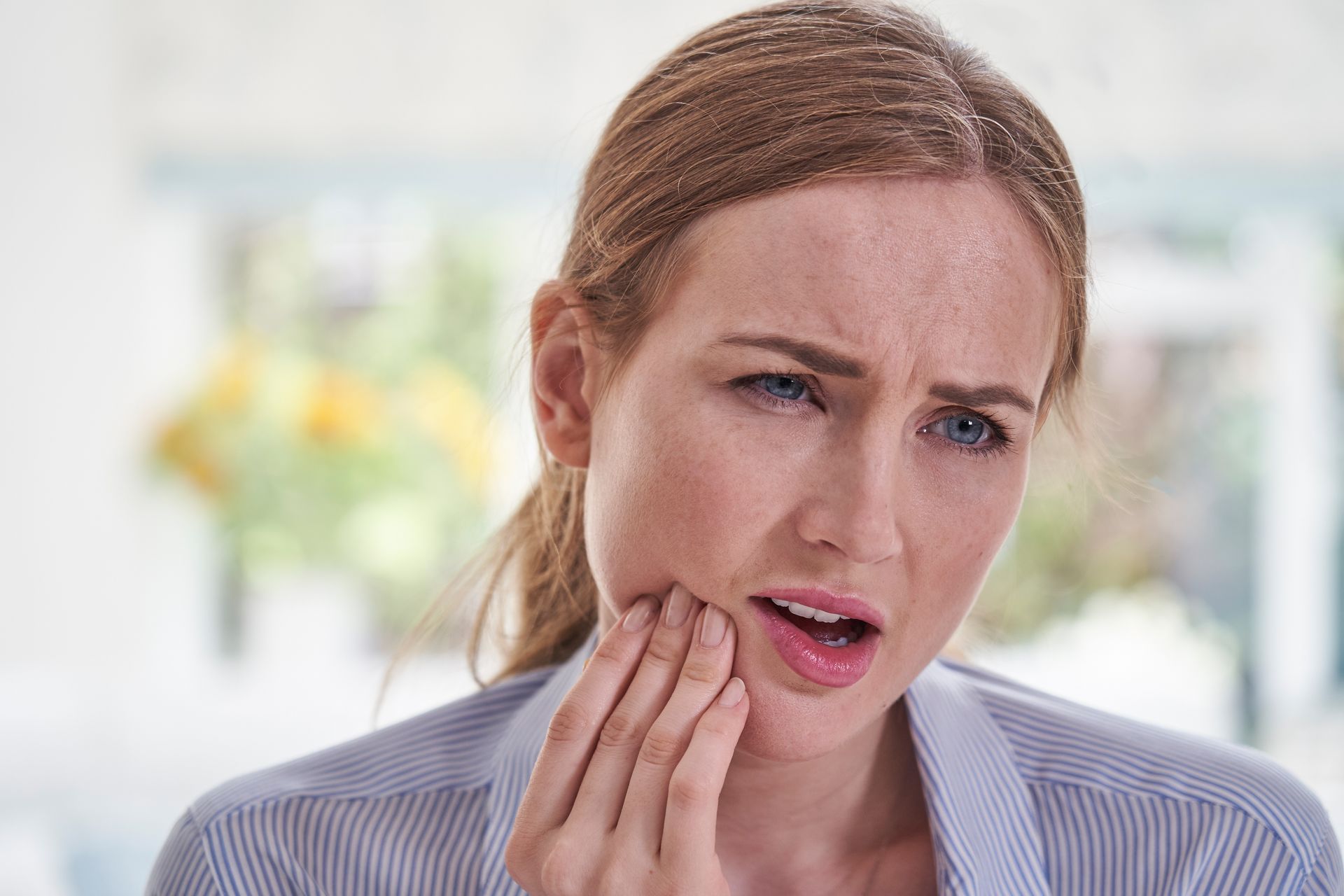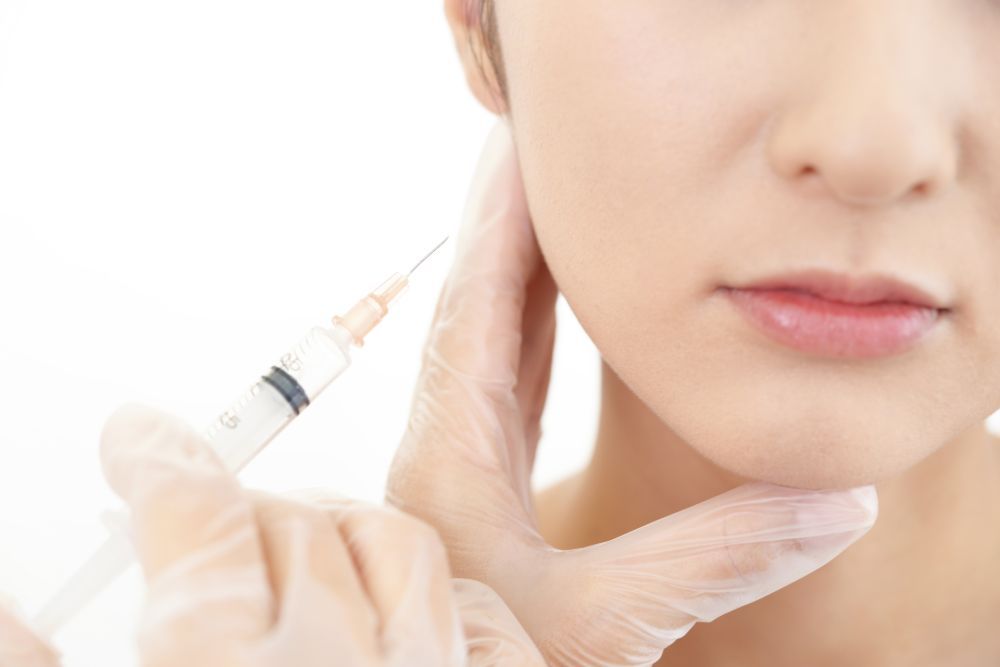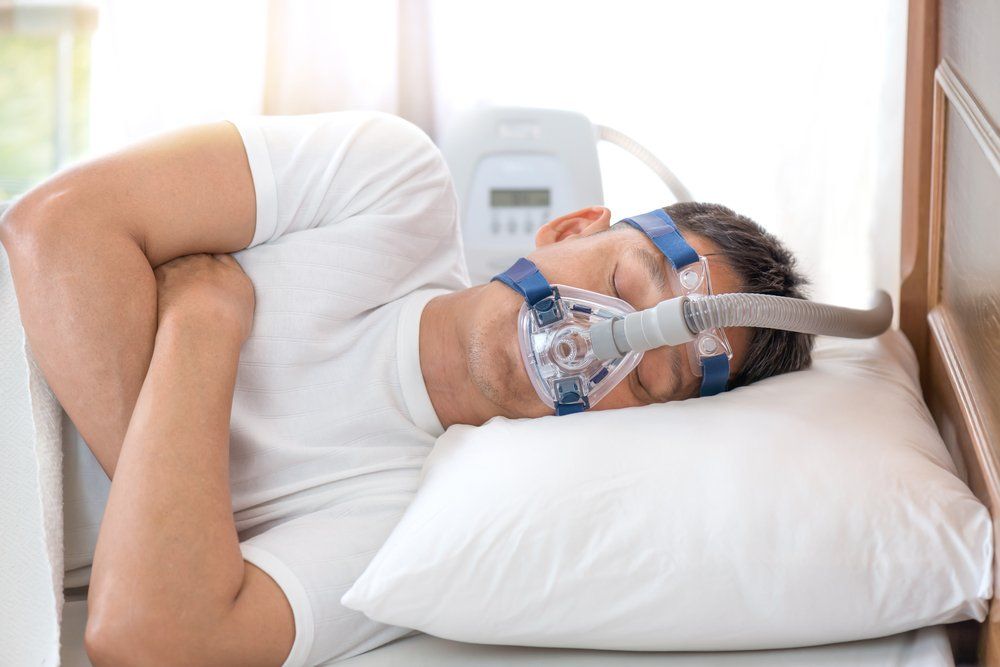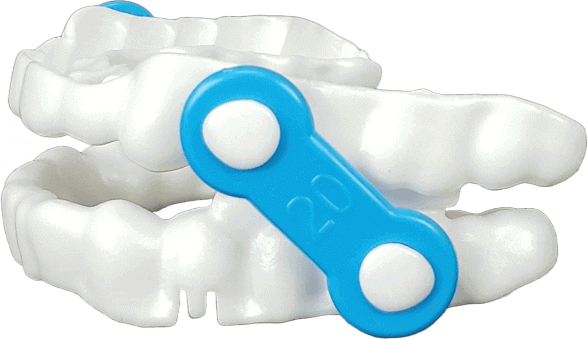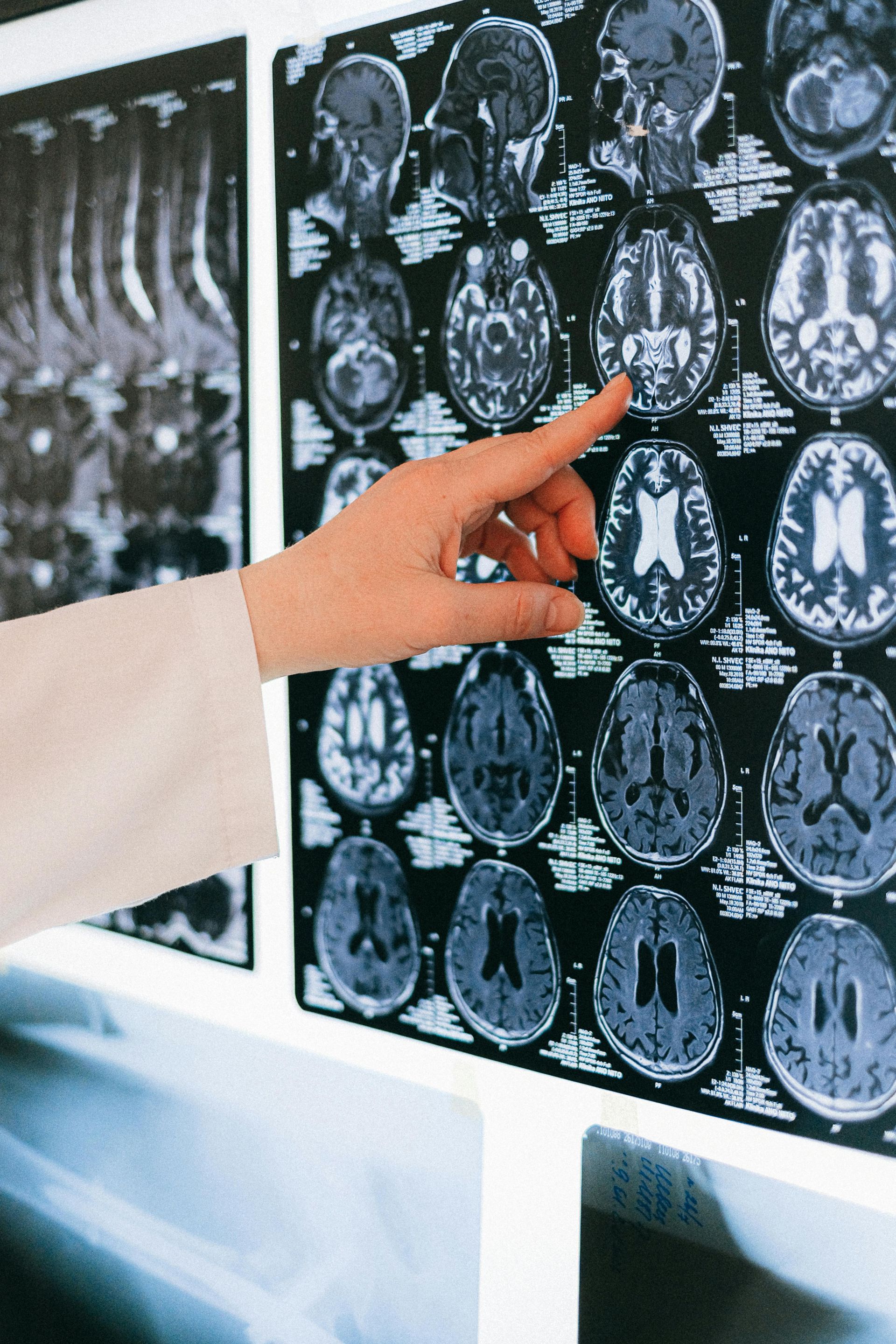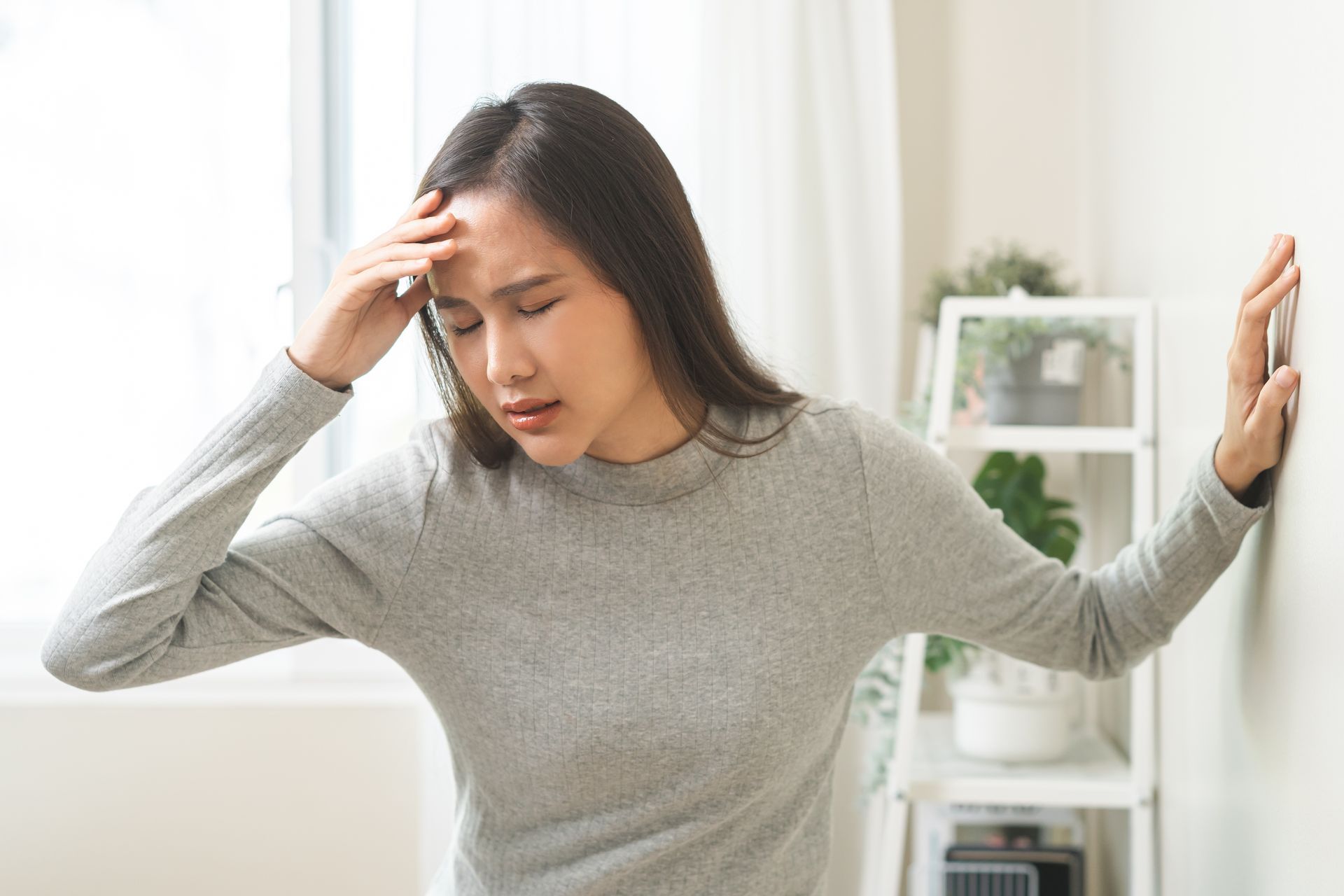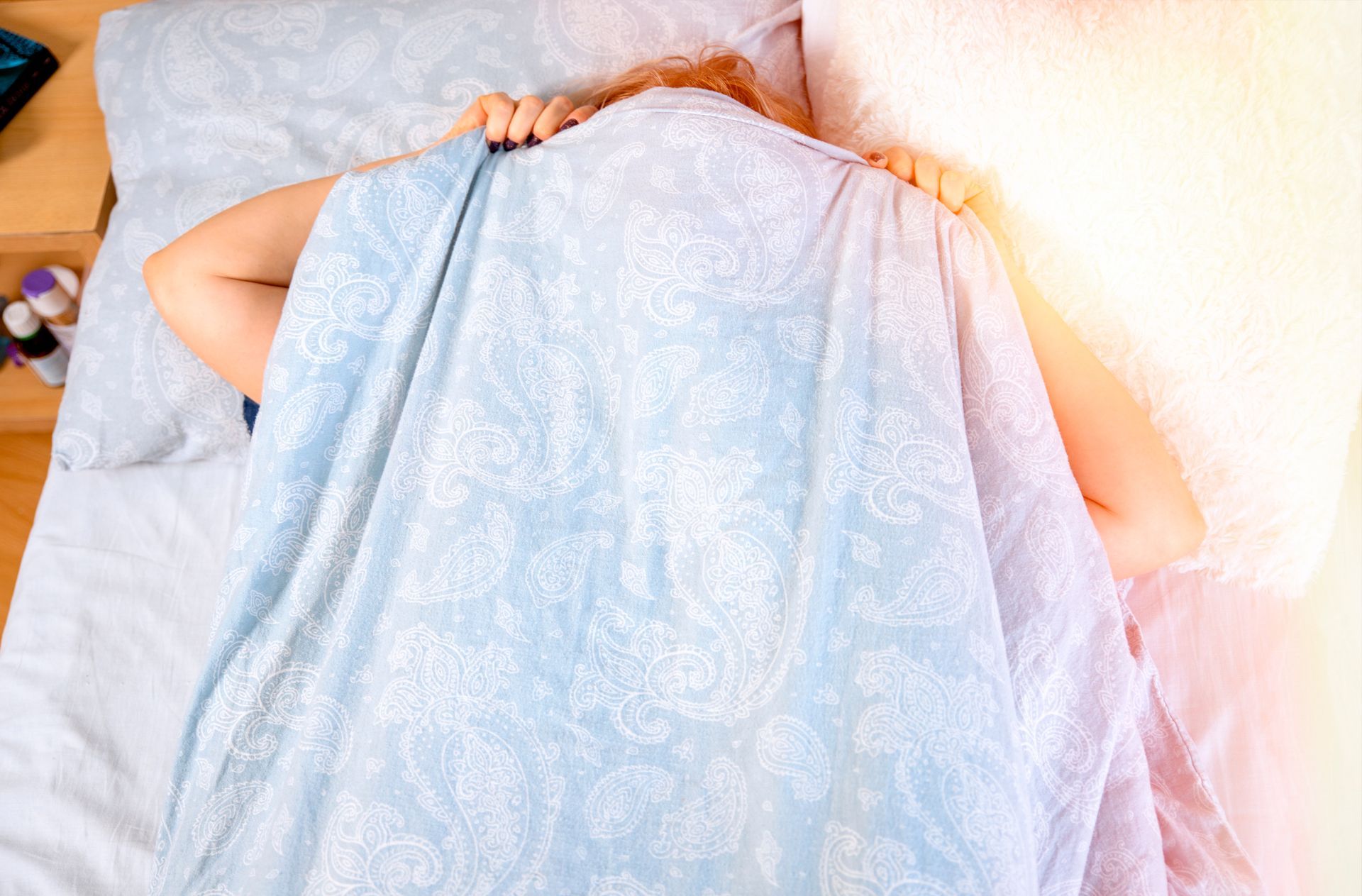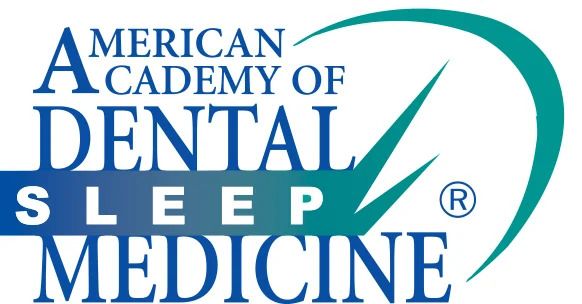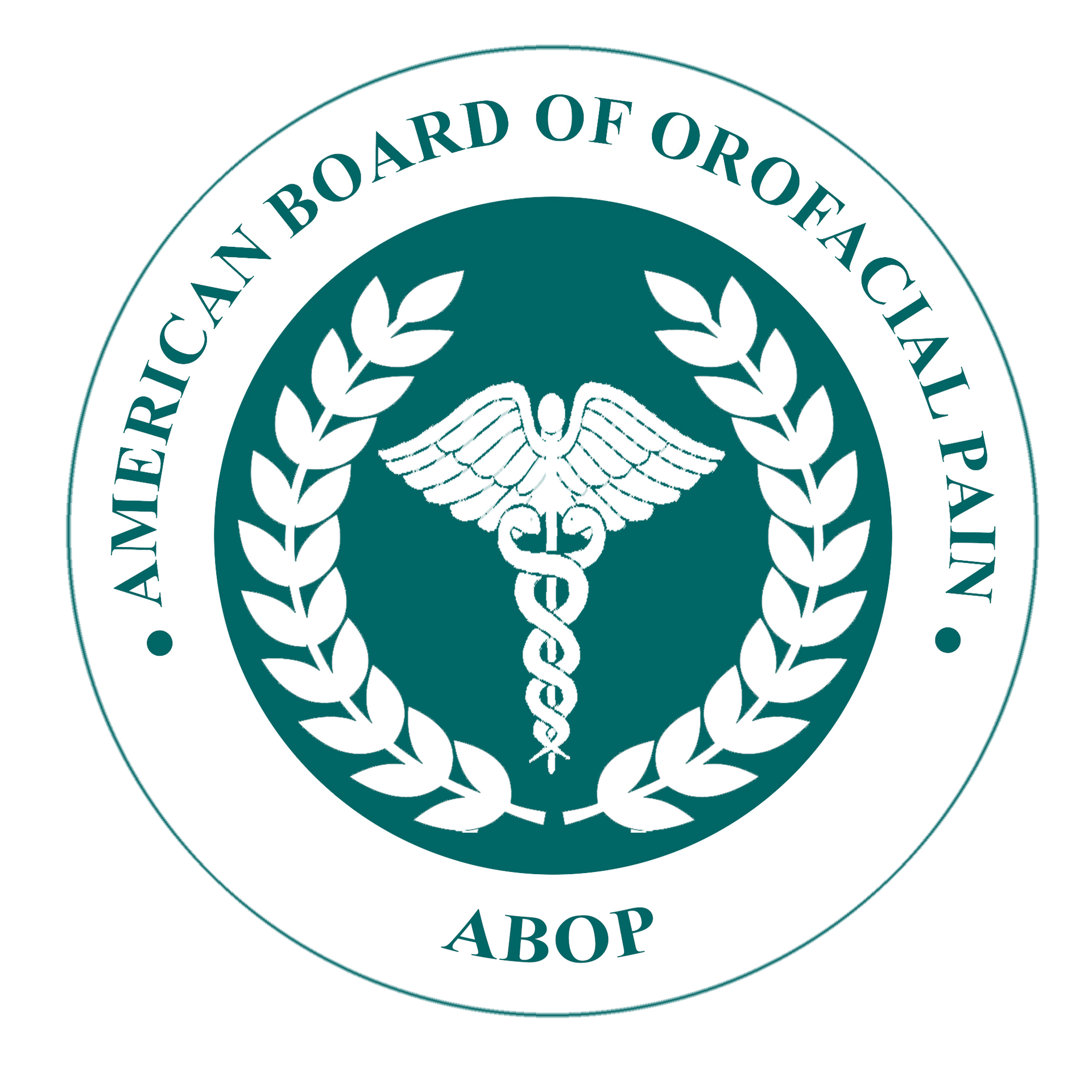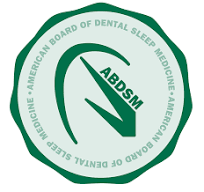Sleeping Soundly: How Sleep Studies Can Help Diagnose TMJ Disorders
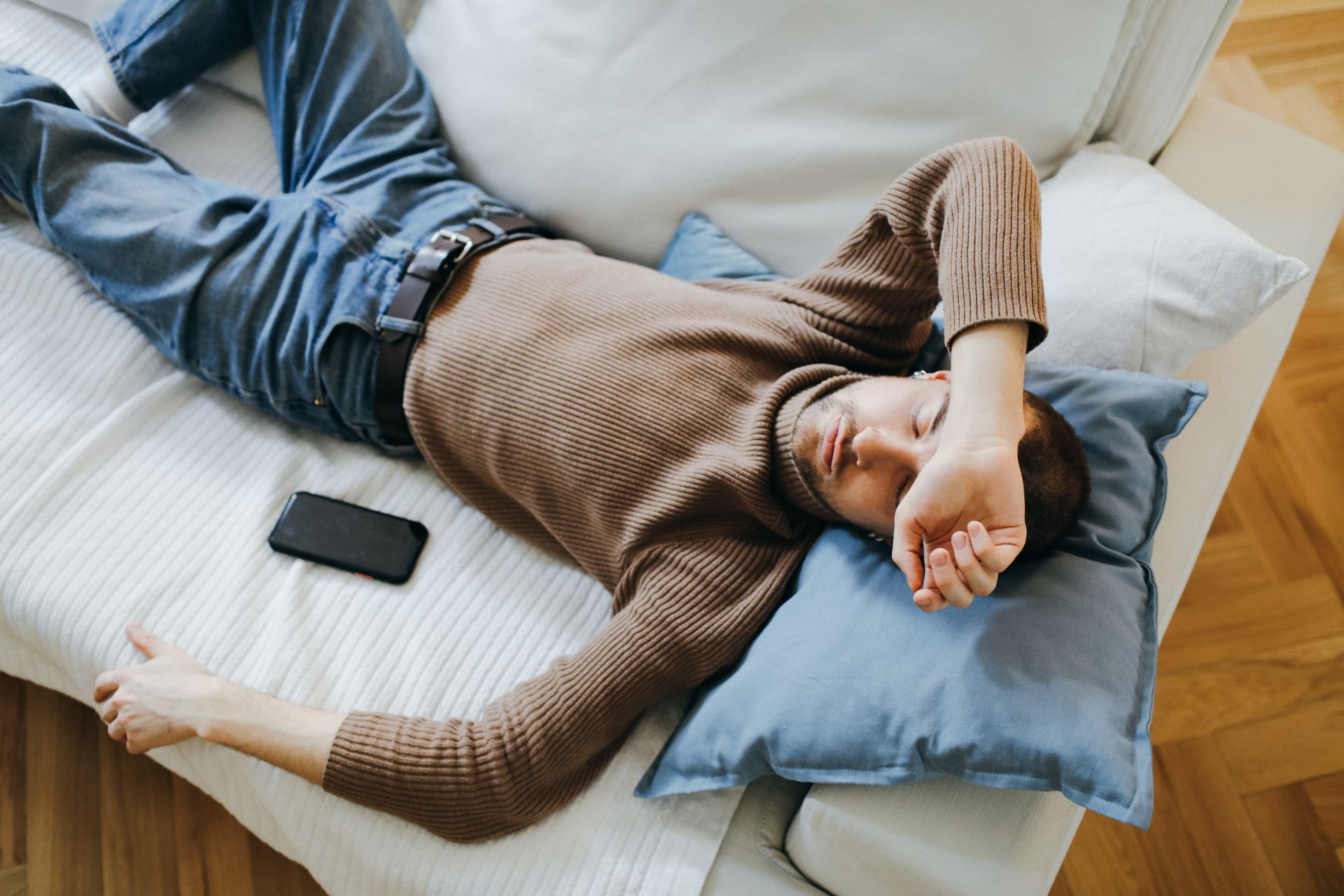
Sleep is one of the most important components of a healthy life. Without enough of it, your body can struggle to stay energized and alert, your mind can become foggy and confused, and you may have difficulty concentrating or remembering things.
Sleep disorders are among the most common culprits of poor sleep, and many people may not even know they’re suffering from one. Sleep disorders can develop for a number of reasons, including as a result of irregularities in the temporomandibular joint, or TMJ. Disorders of the TMJ, or TMD, have been linked to everything from chronic fatigue to sleep apnea. TMDs can develop alongside these and other conditions or even reinforce them, creating a painful cycle of sleeplessness.
Dr. Katherine S. Phillips of Restore TMJ & Sleep Therapy is board-certified in both dental sleep medicine and orofacial pain, and for more than a decade, she has committed her practice to treating patients who suffer from sleep and TMJ disorders. Not only can she help determine if you or a loved one is suffering from TMD or other sleep disorders, but she can help develop and direct effective and personalized treatment for optimal results, so you can sleep better and live healthier.
What is a sleep study, and would you need one?
Sleep studies are conducted to diagnose and assess the severity of sleep disorders, including those associated with TMD. They may also be conducted to determine the best course of treatment for a sleep disorder.
If you have difficulty sleeping or experience pain in your jaw, head, or neck when you wake, you may be suffering from a TMD that is interfering with your ability to get a good night’s sleep and impacting your overall health and well-being.
A sleep study can also help diagnose other disorders which prevent you from getting a good night’s sleep, such as sleep apnea or restless leg syndrome. Your doctor may order a sleep study if you are frequently sleepy during the day, snore too much, have trouble falling or staying asleep, or have unusual behaviors during sleep.
During a sleep study, patients are monitored overnight in a sleep laboratory by trained specialists. The specialists will monitor the patient’s brain waves, eye movements, muscle activity, heart rate, and breathing during sleep. This allows them to determine if a person has a sleep disorder and how severe it is.
The Connection Between TMJ Disorders and Sleep Apnea
Both TMD and sleep apnea can affect your sleep, and the two are often connected; nearly three-quarters of people with TMJ also suffer from sleep breathing disorders, while over half of sleep apnea sufferers also experience problems with their TMJ, although it is difficult to say if one is more likely to cause the other.
Pauses in breathing during sleep are a primary symptom of sleep apnea. These pauses can last for several seconds to minutes and occur dozens of times per hour.
TMJ disorders may have various causes, including bruxism (clenching or grinding your teeth), mood disorders, musculo-skeletal conditions, and medication, to name a few.
Conversely, poorly aligned teeth or jaws from a TMD can cause your airway to collapse and obstruct your breathing, leading to sleep apnea.
An Overview of Different Types of Sleep Studies
Different types of sleep studies are available to help diagnose sleep apnea, TMD, and other sleep disorders. Here is an overview of the most common types.
Home Sleep Apnea Test
A home sleep test is done at home to measure your breathing during sleep. It is similar to an in-lab sleep study but is less invasive and can be done in the comfort of your own bed.
The home sleep apnea test may include different types of monitors and sensors. You’ll attach some around your chest and abdomen with straps. They measure your heart rate, breathing patterns, and blood oxygen levels. Other sensors are clipped to your finger or worn around your wrist. They track your heart rate and movement overnight.
The results of a home sleep apnea test are usually available within a few days. Your doctor will review the results and make recommendations for treatment.
Pros: Easy; cost-effective; done in the comfort of your own bed
Cons: Only measures disordered breathing; less accurate in identifying specific disorders
Best For: Patients with suspected sleep apnea
In-Lab Polysomnography (PSG)
An in-lab PSG is done in a hospital or sleep center and is used to assess your sleep patterns and identify any sleep disorders you may have. During an in-lab PSG, sensors are placed on your head and body to measure your brain activity, eye movement, muscle activity, heart rate, and breathing during sleep.
The technician will begin by attaching various sensors to your head and body. This includes electrodes on your scalp, chin, chest, and legs. They may also attach finger clips or a nasal cannula to measure oxygen levels in your blood. Once the sensors are attached, you will be connected to an EEG machine that records your brain activity while you sleep.
Once the test is complete, the technician will remove all of the sensors. The results are then analyzed by a qualified sleep specialist who can make the appropriate diagnosis and suggest treatment options if necessary.
Pros: Thorough and accurate; used to diagnose a variety of sleep disorders
Cons: Cost; long wait times for scheduling; sleeping in a lab on their schedule
Best For: Patients who may have more complex sleep issues
Split Night Study
Another type of sleep study is called a split-night study. This study is done in a sleep laboratory for one night and accelerates the diagnosis and treatment phases for patients who are suspected of having obstructive sleep apnea. The first part is the diagnostic test to find out if apnea is present and how severe it is. After sensors are placed on your head and body, you will be monitored for about four hours to see how well you sleep.
During the second part, you’ll be fitted with a mask connected to a CPAP (continuous positive air pressure) machine. Your sleep and breathing will continue to be monitored and the air pressure adjusted as needed until the correct pressure setting is found to keep your airway open during sleep.
Pros: One night versus two for reduced time to treatment
Cons: Shortened windows to collect data; missed REM sleep data
Best For: Patients with severe sleep apnea or those who cannot return for a second night
Maintenance of Wakefulness Test (MWT)
The MWT is a type of sleep study that is used to assess your ability to stay awake at four separate times during the day. During the test, you will be asked to sit in a dark, quiet room and try to stay awake for as long as you can. The test is typically done in a sleep clinic in the morning and afternoon.
During the test, you will be monitored by an electroencephalogram (EEG) machine to measure your brain waves and determine whether you are awake, drowsy, or asleep. If you fall asleep, you will be woken up after 90 seconds, and there will be a two-hour break before the next testing session.
At the end of the test, your results will be assessed, and you may be given a score on how well you stayed awake during the test. This score can help provide doctors with information about your level of alertness and help them make decisions regarding treatment options for narcolepsy or other related disorders.
Pros: Can assess the effectiveness of a treatment plan
Cons: Not diagnostic; takes much of the day
Best For: Patients who have trouble staying awake during the day
Multiple Sleep Latency Test (MSLT)
An MSLT is a type of sleep study that is often used to diagnose narcolepsy. During an MSLT, you will be asked to take several short naps throughout the day. The test measures how quickly you fall asleep during these naps, how long you stay asleep, and whether you have REM sleep during the nap.
Your doctor will take into account the amount of time it takes for you to fall asleep and how long you stay asleep when interpreting the results. These results can help to diagnose narcolepsy or other sleep disorders. This test is usually done in conjunction with a polysomnogram, which measures different brainwaves and body functions during sleep.
The results of the test can help your doctor determine whether or not you have narcolepsy. They are also used to assess the effectiveness of treatments for insomnia.
Pros: Used to diagnose narcolepsy and idiopathic hypersomnia
Cons: Takes much of the day
Best For: Diagnosing causes or conditions associated with excessive daytime sleepiness
Why should I start with a TMJ specialist for my sleep study?
There are many reasons to start with a TMJ specialist if you are struggling with your sleep, such as:
- A large majority of patients with TMJ conditions also suffer from sleep disorders like sleep apnea. TMJ specialists have a unique understanding of the connection between the TMJ, dental health, and sleep, allowing them to properly treat both TMD and sleep disorders, instead of only one or the other. TMJ specialists are trained to identify commonly interrelated problems between the TMJ and sleep disorders so they can treat the condition, not just the symptoms.
- A TMJ specialist who is experienced in dental sleep medicine, like Dr. Katherine S. Phillips of REstore TMJ & Sleep Therapy, can address and treat a variety of dental-related sleep problems and disorders such as bruxism, TMD, snoring, and sleep apnea. TMJ specialists have access to a range of comprehensive treatment methods like oral appliances, therapy, and stress management, as well as established relationships with other medical experts like dentists or sleep physicians, to provide the best, most complete care possible. “There is a direct relationship between sleep-disordered breathing and TMD,” says Dr. Phillips. “Working in dental sleep medicine allows me to work in a collaborative environment to provide the best patient-centered care possible.”
- A TMJ specialist can also provide you with information about lifestyle changes that may help relieve your TMD, bruxism, or sleep apnea symptoms, such as avoiding hard and chewy foods, maintaining good posture, and practicing stress-relieving techniques such as relaxation exercises or meditation.
- TMJ specialists are very familiar with sleep studies. Not only can they help you determine which one is right for you, they can refer you to the necessary facilities and then accurately interpret the findings to make sure you receive the most appropriate treatment for long-term results.
Trust REstore TMJ & Sleep Therapy for Your Best Sleep
Dr. Katherine S. Phillips of Restore TMJ & Sleep Therapy is double-board-certified in Dental Sleep Medicine and Orofacial Pain, combining her experience and education with an established network of trusted healthcare providers to develop and direct the personalized sleep treatment you need for better sleep and better health. She’s helped thousands of patients with TMD, bruxism, and sleep apnea live happier lives free from orofacial pain, and she’s dedicated her career to helping people preserve their oral health.
If you think TMJ pain, bruxism, sleep apnea, or some other sleep disorder may be affecting the quality of your sleep or that of your loved ones, contact REstore TMJ & Sleep Therapy today to schedule a sleep study.
-2700x842-1920w.png)





